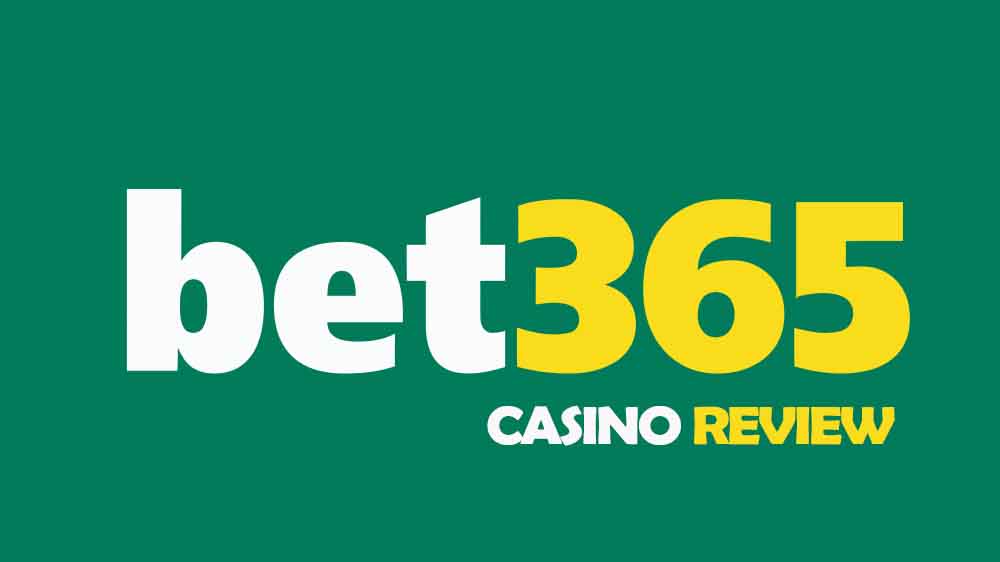A Concise Guide To Becoming A Sports Bookie

How To Become A Bookmaker
Ever thought about the requirements for becoming a bookmaker? Before growing into the gambling behemoths we know today, some of the betting industry’s titans, including Bet365 Sportsbook, Coral, Paddy Power, and William Hill, all had humble beginnings. So what steps should you take to become a bookmaker and how do you do it? If everything is correct, you may have a very successful and profitable business on your hands. Simply by allowing your clients the possibility to win the jackpot online week after week. To get started, you also need to pick what kind of bookie you want to be, as well as specific abilities and money. Everything you might want to know is in our concise Jackpotfinder.com tutorial below.
What Type Of Bookie Do You Want To Be?
What job options are available to you if you determine that bookkeeping is the right choice for you? Which is the best of those? There are advantages and disadvantages to each of the four options, so we suggest you choose wisely:
- Online bookmaker
- On-course bookmaker
- Opening a betting shop
- Combination of some or all of the above
Although online sports betting is more popular than ever, the market is currently somewhat oversaturated. To compete with the big boys and the mainstream of betting, you would need to offer something unique. Sign-up bonuses and ongoing promotions are only a couple of the incentives that draw customers to you and keep them coming back. Beware: the hard truth is that it’s challenging to stand out in this field. Being an on-course bookie is an alternative if you enjoy horse racing at your local track.
It’s Not As Easy As You Think

However, there are additional costs associated with your pitch. It’s also important to remember that quiet, midweek meetings rarely draw sizable crowds. Making money while keeping a course might be challenging. Getting a license to operate is only one part of opening a betting shop. Renting space and hiring employees to help you manage the business will cost you more money. A premises license is required for the location you rent, as well as individual functional licenses for any employees.
How Do You Want To Get Started?
Probably one of the most important questions is whether you wish to start your own business or join an established company since many small-time bookies are family-run operations. If you decide to become a bookie, you have a lot of options to consider. Again, each strategy has advantages and disadvantages: Although being an independent bookmaker sounds wonderful, there are still expenses involved. If you manage a betting store on the High Street, you must pay rent and salaries. If you are an on-course bookmaker, there are fees like renewing your trackside pitch each year. Any type of business you want to run will require server costs and license fees if you take it online.
Remember that when you join forces with an established business, you are speaking on their behalf. You may have a franchise for a betting shop or trackside pitch, but in reality, you are still working for that company. However, they can offer you many more options, whether it’s sports like jackpot football or tennis, as well as the more traditional horse racing.
Self Employed vs Partnership
That indicates that you receive a salary or a percentage of takings rather than the entire profit. Although forming a partnership may provide more security, it is important to keep in mind that many bookmakers have shut down smaller betting shops to avoid paying exorbitant rent. This is a response to the British Government’s amendments to the regulations governing the maximum stake for Fixed Odds Betting Terminals (FOBTs).
Find Out Which Licenses You Need

The gambling sector is subject to stringent UK laws, as was already mentioned. This is done to ensure moral behavior and the fair treatment of bettors. Depending on the kind of bookie you are, you’re going to require a lot of licenses. The UK Gambling Commission lists the following licenses that you must have in your possession:
- Operating License
- Personal Functional License
- Personal Management License
- Premises License
Take note that these are all expensive. The UK Gambling Commission does not reimburse money in the event that a license application is denied. So there’s no certainty you’ll receive approval. A license’s annual renewal fee is also included. When applying for a Premises Licence, you do so with your local government rather than the gambling regulator. Depending on your geographic area, these may establish varying fees, prices, and tariffs.
Additionally, be ready for possible local opposition to your suggestion of converting a piece of land into a betting shop.
The Types Of Licensed For Different Types Of Bookies
Each license pertaining to bookmaking has a distinct function. Before making the decision to become a bookie, it is imperative to be aware of all of them. The name of an operating license gives it away. Your licenses need to list any or all of the following activities:
- Non-remote general betting
- Non-remote pool betting
- Remote general betting
- Remote betting host
- Remote betting intermediary
- Remote pool betting
Getting those that you need and also including ones for other intermediary purposes, all have different costs attached to them in terms of fees.
Bookie Set Up And Running Costs

The application charge for the remote general betting license is £2,933, and the annual renewal fee is £3,408. This applies to any bookmaker with a gross gaming yield of under £550,000 per year. Thus, the cost of obtaining and maintaining this license alone will be £6,341 over the course of a year. Successful bookmakers who generate more than £1 million in gross gaming revenue annually pay a £25,777 application charge and £694,856 renewal fee each year. The cost of renewing rises by £200,000 for every £500,000,000 exceeding that mark.
Set Your Budget
As you may have noticed, starting a business and becoming a bookmaker come with a lot of costs, expenses, and overheads. The average start-up expenditures for an on-course bookie are between £8,000 and £10,000. The following are some of the expenditures you will need to make:
- Licenses
- Rent of premises
- Light, heat, and electricity on premises
- Pitches on racetracks
- Staff wages
- Hardware (FOBTs, boards and batteries, computers, printers, stands, and umbrellas to keep equipment dry on course)
- Software (for printing betting slips, online security, and tracking markets)
- Server hosting (for online bookies)
Racetrack Bookie Costs

Depending on the racetrack, bookmaker pitches, sometimes called list places, can be extremely expensive. For example, some of these have been valued at £250,000 at the renowned National Hunt horse racing venue Cheltenham. Meanwhile, top pitches at York can be purchased for £200,000. Although these tracks cost a lot of money, they might be the exception rather than the rule. If there isn’t enough demand at the track, it’s going to be just as difficult, if not harder, to earn a profit on pitches at lower-profile racecourses. So before you begin your new career, it’s imperative that you create a sound financial plan and stick to a strict budget.
Of course, you could say the same about anyone thinking of betting online. In order to increase your jackpot winning chances, you need to maintain a vice-like grip on your bankroll. Whatever sportsbook you’re using, you’ll find that Bet365 Sportsbook probably offers some of the best sporting odds on the internet.
The Skills Necessary To Be A Bookie
Depending on the kind of bookie you want to be, you might need to possess a few specialized abilities, qualities, and skills that will be helpful to you:
- Numeracy
- Negotiating techniques
- Management and leadership
- Flexibility in response to circumstances
- Good at making decisions
- Customer service
- For a bookmaker, having a working knowledge of numbers and a grasp of finance virtually goes without saying.
It’s possible that you’ll need to negotiate with prospective betting partners, local government officials, and workers, all of whom you’ll need to manage and lead. Additionally, excellent customer service is crucial because using your service to place bets is the only way to generate revenue. If you’re an on-course bookie, flexibility and decision-making become crucial. You need to decide whether you have a strong opinion on a particular horse race. Do you lay a favorite in the market you offer? Or just follow the betting exchanges’ instructions as they show you where the money is going on jackpot games? So many questions. But if you have the burning desire to be a bookie, then do your homework, and you’ll get there.














